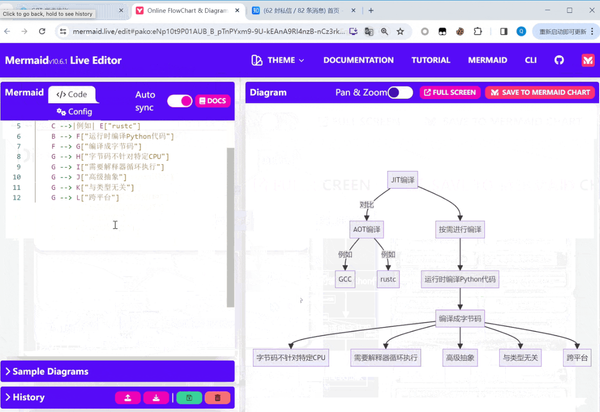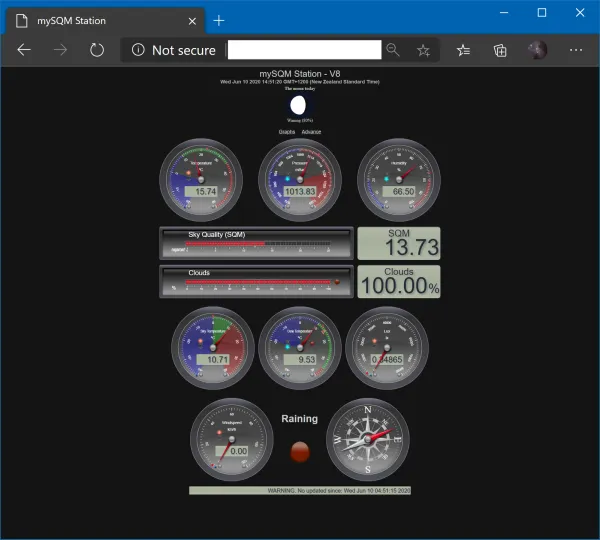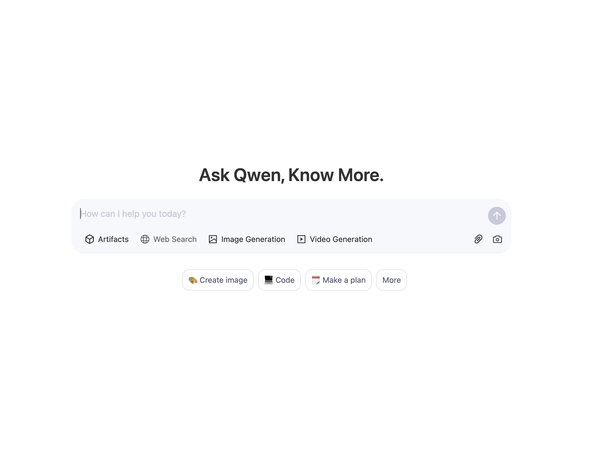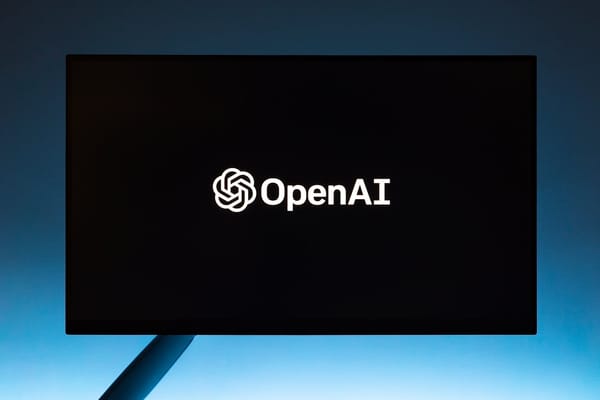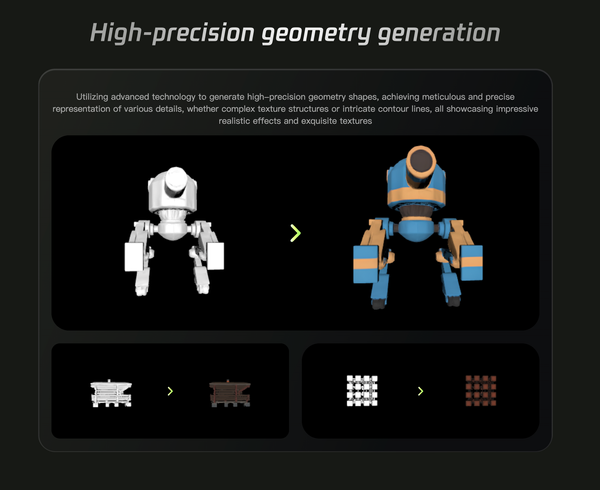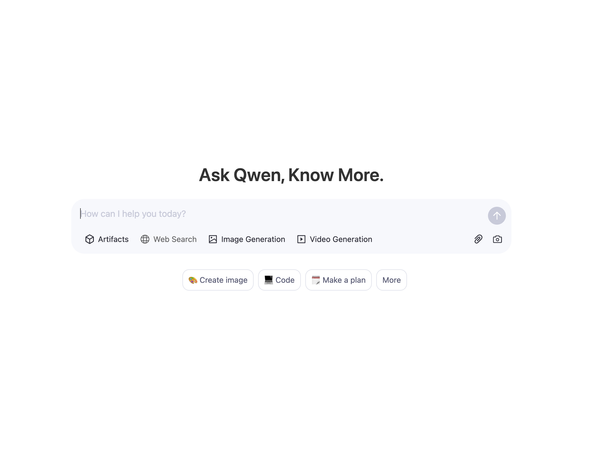10 Use Cases for Web Scrapping!
This blog post will provide an overview of web scraping and its importance in today's digital landscape.
Are You Truly Ready to Put Your Mobile or Web App to the Test?
Don`t just assume your app works—ensure it`s flawless, secure, and user-friendly with expert testing. 🚀
Why Third-Party Testing is Essential for Your Application and Website?We are ready to test, evaluate and report your app, ERP system, or customer/ patients workflow
With a detailed report about all findings
Contact us nowTable of Content
In today's digital age, data is everywhere. From e-commerce websites to social media platforms, an abundance of information is available online that can provide valuable insights for businesses and researchers alike. However, gathering this data manually can be a time-consuming and resource-intensive process. That's where web scraping comes in.
This blog post will provide an overview of web scraping and its importance in today's digital landscape. We will explain the different types of web scraping, their benefits, and the legal and ethical considerations of using these tools.
Additionally, we will provide 10 different use cases for web scraping, ranging from price monitoring and social media analytics to academic research and e-commerce market analysis. By the end of this post, you will better understand how web scraping works and how it can be used to gain valuable insights and opportunities.
What is Web scraping?
The process of web scraping involves extracting data from websites with the help of software tools. With web scraping, users can automate the data extraction process, allowing them to gather large amounts of information quickly and efficiently. This has many applications, from market research and competitive analysis to academic research and content aggregation.
There are different types of web scraping, including,
- HTML parsing (extracting data from HTML code),
- Screen scraping (capturing data from visual elements on a website),
- Web API (accessing data directly from a website's API).
10 use-cases of Web Scraping
- Price Monitoring - Businesses can use web scraping to monitor competitor prices and stay ahead of the competition.
- Social Media Analytics - Researchers can scrape social media platforms to gather user behavior and sentiment data.
- Academic Research - Researchers can use web scraping to gather data for academic research projects.
- Lead Generation - Sales teams can use web scraping to gather contact information for potential leads.
- Sentiment Analysis - Companies can scrape website reviews and comments to perform sentiment analysis on their brand or products.
- Job Market Analysis - Jobseekers or recruiters can scrape job postings to gain insights into the job market and trends.
- Image and Video Analysis - Researchers can scrape images and videos from websites to train machine learning models or conduct visual analysis.
- Content Aggregation - Publishers can scrape news websites or other sources to gather content for their platforms.
- E-commerce Market Analysis - Businesses can scrape product listings to gain insights into market trends and popular products.
- Real Estate Market Analysis - Real estate agents or investors can scrape real estate websites to gather information on properties, pricing, and market trends.
Web scraping provides various industries and applications with many opportunities for efficient data extraction and valuable insights.
Benefits of Web Scraping
Here are some benefits of web scraping:
- Time-saving: Web scraping automates the data extraction process, which can save a significant amount of time compared to manual data collection.
- Cost-effective: Web scraping can be a cost-effective alternative to purchasing data from third-party providers.
- Scalability: Web scraping allows for collecting large amounts of data quickly and efficiently, making it a scalable solution for businesses and researchers.
- Competitive Advantage: By scraping competitor websites for data, businesses can gain a competitive advantage and make more informed decisions.
- Customizable: Web scraping tools can be customized to extract specific data points, allowing for tailored data extraction.
- Real-time data: Web scraping can provide access to real-time data, which can be valuable for businesses and researchers who need up-to-date information.
- Improved decision-making: Businesses and researchers can make more informed decisions based on data-driven insights by gathering and analyzing data using web scraping.
Overall, web scraping provides various benefits for various applications, allowing for efficient data extraction and valuable insights.
Conclusion
In conclusion, web scraping is a valuable tool for businesses, researchers, and individuals to extract data from websites quickly and efficiently. There are various use cases for web scraping, including price monitoring, social media analytics, academic research, lead generation, sentiment analysis, and market analysis.
Additionally, web scraping offers benefits such as time and cost savings, scalability, and customizable data extraction. However, it is important to consider legal and ethical considerations when using web scraping tools, such as compliance with terms of service, copyright infringement, and privacy violations. Overall, web scraping provides a powerful data extraction and analysis solution, but it is important to use it responsibly and ethically.






